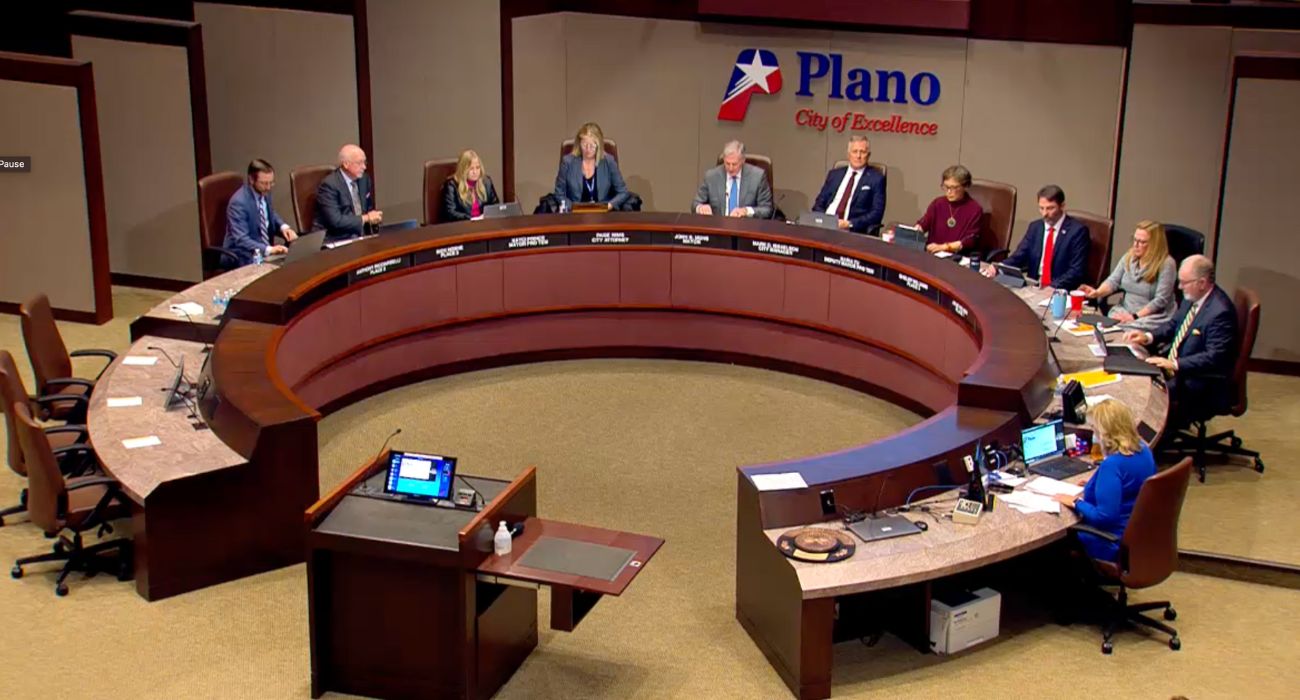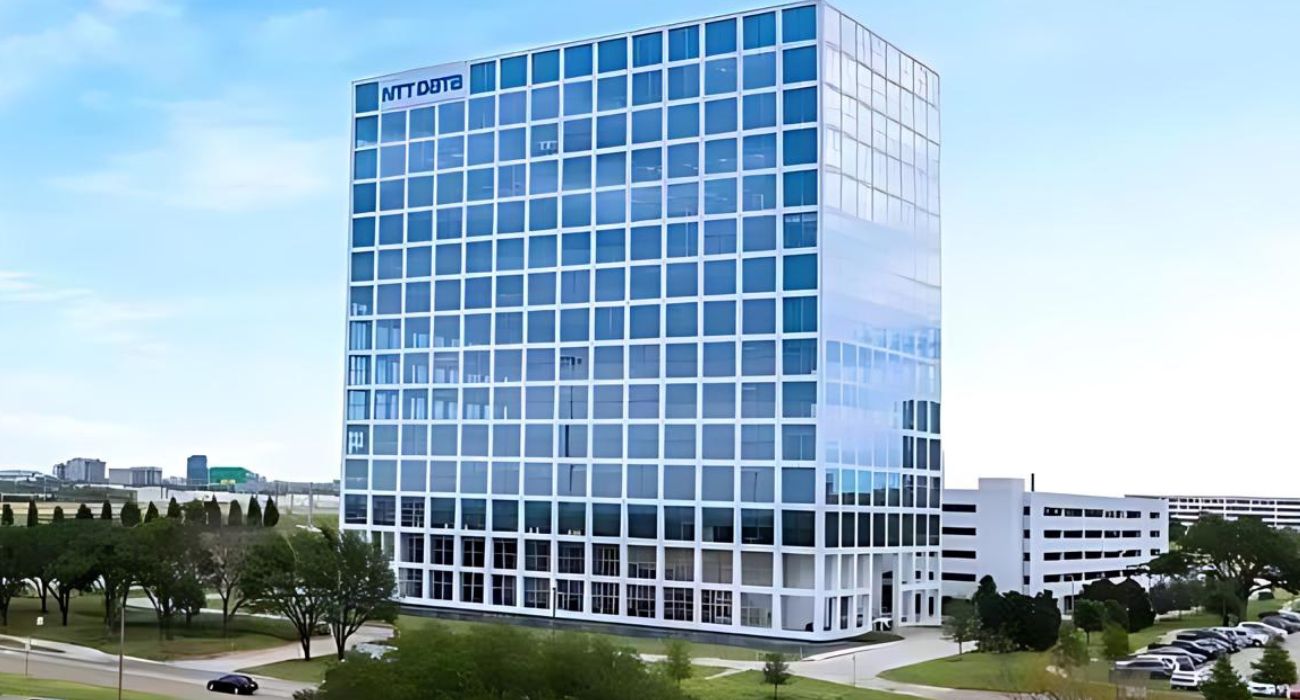The Plano City Council approved a nearly $2 million economic development incentive for a California-based developer at its meeting on Tuesday.
“What we’re attempting to do with the incentive is to ensure that the project is fulfilled in a way that will make it the most attractive,” City Manager Mark Israelson said during the meeting.
The agreement requires Alvarez & Marsel Capital Real Estate to make at least $20.5 million in improvements at the former Southern Methodist University campus on Tennyson Parkway. State filings show the company plans to spend $6 million on exterior renovations for Building 1, Building 2, Building 3, and Building 4. Each encompasses more than 52,000 square feet.
In addition to exterior improvements that include the construction of private patios and balconies, new entry vestibules, and landscaping, the developer plans to install new HVAC systems and build a bistro-style kitchen, lounge area, and conference room. In return, the company will receive a $1.9 million grant from the city’s economic development fund.
But Place 2 council member Anthony Ricciardelli on Tuesday was not convinced the incentive is warranted.
“This developer bought this property knowing that they needed to make significant renovations to it to make it marketable,” he said. “That’s part of their business plan. It’s something that they were going to do anyway. The point of an incentive is to cause somebody to take an action — not to pay them for something that they were already going to do anyway. You can go back to even January — almost a year ago — and there were press releases about the things that this developer is going to do, which is fantastic. I appreciate the investment into the city of Plano.”
Ricciardelli was the lone dissenter in a 7-1 vote for approval.
“In the tax-impact analysis, I think that it would be sensible to look at this as just giving it credit for the difference between what the developer would be doing in the absence of the incentives and what they will do if we give them the incentives,” he said. “As we know, this is essentially a break-even tax-impact analysis, even with giving credit for the entire difference between the status quo today and everything the developer is planning to do. While the project is appropriate for an incentive, I think the amount of the incentive is too large in this case and that the (rate of return) would not justify this amount of an incentive.”
But Israelson said the developer meets the criteria for receiving the grant.
“I’ve had extensive discussions with Councilman Ricciardelli about this, and this is the new building modernization program that we’re talking about,” he said. “The goal of the building modernization program is to invest in real property in a way that helps make the commercial real estate market in Plano more robust, more attractive to the needs that are currently in the environment for leasing.”
New York-based Cushman & Wakefield is responsible for leasing at Elevar Plano. That property is near NexPoint’s planned life sciences campus at the former Electronic Data Systems site in the Legacy area.






